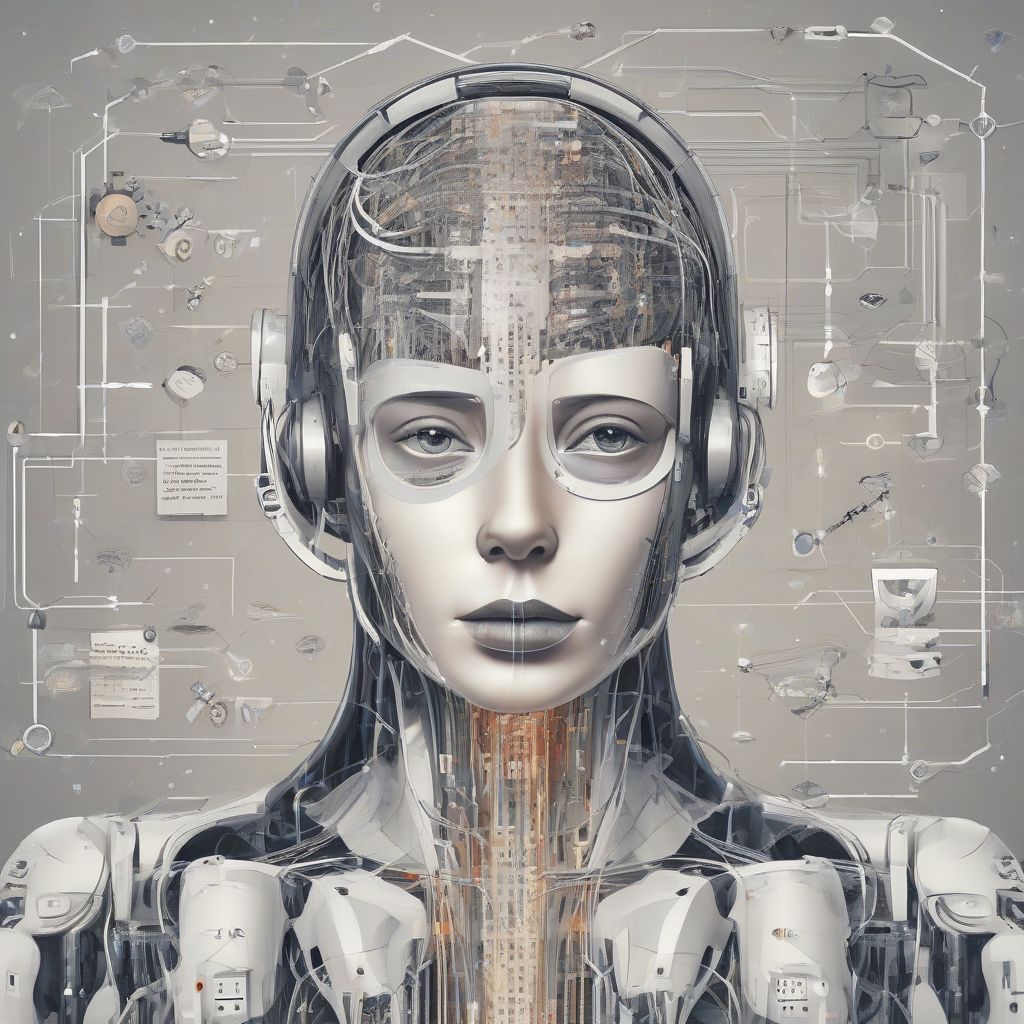Imagine a world where AI algorithms make life-altering decisions – from who gets a loan to what medical treatment you receive. Now, imagine those algorithms operating without ethical guidelines, potentially perpetuating biases and causing unintended harm. This isn’t a scene from a sci-fi movie; it’s the reality we face as AI rapidly advances. As a nutritionist and meal prep coach, I understand the importance of a balanced approach, and in AI development, ethical considerations are the essential ingredient for a healthy future.
Why Ethical AI Matters: Navigating the Complex Landscape
AI’s reach is expanding exponentially, impacting everything from healthcare and finance to transportation and entertainment. This rapid progress presents exciting opportunities but also demands careful consideration of the ethical implications. Without a strong ethical foundation, AI can perpetuate existing societal biases, violate privacy, and even cause physical harm.
Key Ethical Challenges in AI: Unmasking the Potential Pitfalls
Bias and Discrimination: Confronting AI’s Blind Spots
AI algorithms are trained on massive datasets, and if these datasets reflect existing societal biases, the resulting AI systems will inherit and potentially amplify them. Imagine an AI-powered hiring tool trained on data that favors male candidates – it could systematically disadvantage qualified female applicants, perpetuating gender inequality.
Privacy and Surveillance: Protecting Our Digital Selves
AI thrives on data, and as we navigate an increasingly digitized world, ensuring the responsible collection, storage, and use of personal information is paramount. Facial recognition technology, for example, raises concerns about mass surveillance and the erosion of privacy if not implemented ethically.
Accountability and Transparency: Demystifying the AI Black Box
AI decision-making processes can be complex and opaque, making it challenging to understand how and why a particular decision was reached. This lack of transparency raises concerns about accountability – who is responsible if an AI system makes a harmful decision?
 AI Ethics Illustration
AI Ethics Illustration
Building Ethical AI: A Framework for Responsible Development
Addressing these challenges requires a multi-faceted approach involving stakeholders from academia, industry, government, and civil society. Here’s a roadmap for fostering ethical AI development:
1. Embedding Ethics from the Ground Up
Ethical considerations must be integrated into every stage of the AI lifecycle – from data collection and algorithm design to testing, deployment, and ongoing monitoring.
2. Promoting Diversity and Inclusion
Creating diverse and inclusive teams of AI developers is crucial to mitigating bias. Different perspectives and lived experiences can help identify and address potential ethical issues early on.
3. Ensuring Data Quality and Integrity
The integrity of AI systems hinges on the quality of the data they are trained on. Rigorous data governance practices are essential to minimize bias and ensure fairness.
4. Prioritizing Transparency and Explainability
Developing AI systems that are transparent and explainable is essential for building trust and accountability. Users should be able to understand how AI systems make decisions that affect them.
5. Establishing Regulatory Frameworks
Governments and regulatory bodies have a crucial role in establishing ethical guidelines and standards for AI development and deployment.
The Future of Ethical AI: A Shared Responsibility
The journey towards ethical AI is an ongoing process, requiring continuous learning, adaptation, and collaboration. As we navigate this uncharted territory, it’s essential to remember that AI is a tool, and like any tool, its impact depends on how we choose to use it. By prioritizing ethical considerations, we can harness the transformative power of AI to create a more equitable, just, and prosperous future for all.
[amazon bestseller=”AI Ethics”]
Joining the Conversation: Your Thoughts Matter
The ethical implications of AI are far-reaching, touching upon fundamental questions about humanity, society, and our collective future. What are your thoughts on the role of ethics in AI? Share your insights in the comments below.
